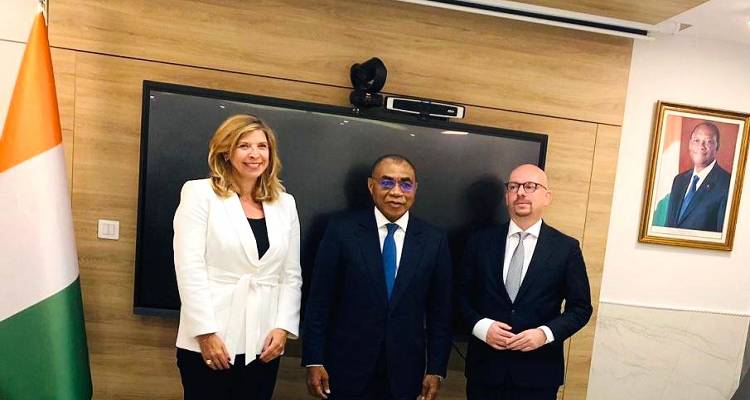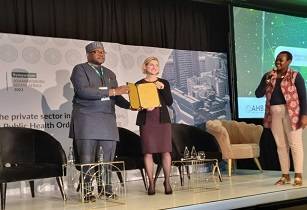The African Development Bank (AfDB) has approved US$11.55mn loan to the African Local Currency Bond Fund (ALCB Fund), aiming to enhance the fund’s portfolio and promote the development of domestic capital markets across the continent
The senior loan, with a seven-year tenor including a two-year grace period, is set to support opportunities for local African corporate issuers to access and diversify their long-term funding sources in local currency and crowd in local institutional investors.
The ALCB Fund was incorporated in December 2012 by German Development Bank (KfW) on behalf of the German Federal Ministry of Economic Cooperation and Development and is licensed as an open-ended Fund, domiciled in Mauritius with initial paid-in capital of US$47mn.
The fund is designed to promote local currency bond issuers in high-impact sectors by providing technical assistance to facilitate corporate bond issuances and champion best practice across various domestic debt markets. Geographically, the fund is expected to invest in all African countries where local currency bonds are possible. It has invested in Botswana, Ghana, Kenya, Zambia, Lesotho, Senegal, Côte d’Ivoire, Nigeria, Uganda, Malawi, Gabon and Togo. As of December 31, 2017, the fund had made 27 investments across 19 companies and in 10 currencies.
The products and services provided by the ALCB Fund focus on improving access for non-sovereign issuers to long-term funding in local currency, reducing currency and maturity mismatches and increasing local financial intermediation.
Through the funding, the AfDB will help to broaden and deepen Africa’s local currency corporate bond markets, thus supporting local capital market development in Regional Member Countries. The fund will boost investments in critical sectors such as renewable energy, housing, health, education, the financial sector and agriculture, which is in line with the bank’s High 5 priorities including Light up and power Africa, Feed Africa, Industrialise Africa and Improve the quality of life for the people of Africa.





































